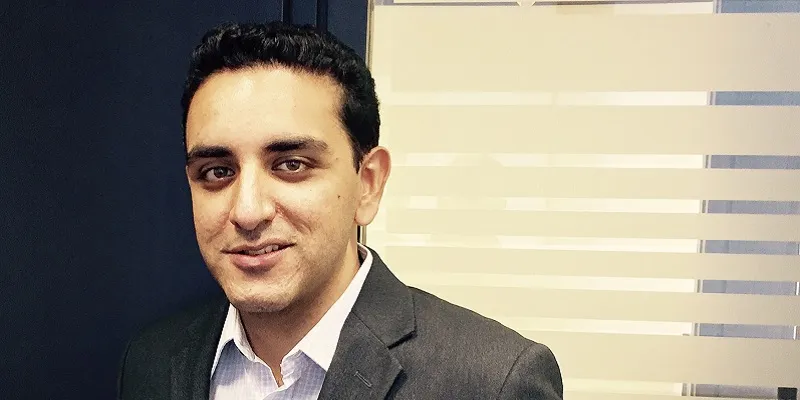Why too much ownership is never good, says investor Mohit Gulati of ITI GO Fund
In this episode of the 100X Entrepreneur podcast, Mohit Gulati, Managing Partner of ITI Growth Opportunities Fund, speaks about his learnings on investing in startups that have sustainable growth models.
A self-professed non-IIT engineering graduate from Pune University, Mohit Gulati once unlocked iPhones in college for some quick extra cash.
Today, he is a successful angel investor, growing over 20X in his portfolio. He considers his learnings from one of his early investments Local Banya equivalent to an MBA degree. Since 2017, he has been a part of the Investment Trust of India Group and manages investments in early-stage innovative ideas.

Some of his Portfolio Companies include REVOS, Evolve Snacks, and ten3T Healthcare. In 2012, Mohit started Oliphans, an angel investor network, under which he spearheaded numerous successful investments.
Later in 2015, he also founded Altius Ventures, which invested in sectors like ecommerce, fintech, enterprise software (SaaS), and internet of things (IoT). At the end of 2017, he started ITI Growth Opportunities Fund and has been serving as its Managing General Partner ever since.
According to Mohit, ITI GO Fund takes pride in being led by a young team mentored by experienced fund managers with the ability to understand young business.
In an earlier interview with YourStory, he had said,
"I don’t come from any kind of investing background. My parents are doctors and we have a simple background. I had never invested any kind of money before."
Mohit recently spoke to Siddhartha Ahluwalia, on the 100X Entrepreneur podcast by Prime Venture Partners, a series featuring founders, venture capitalists, and angel investors.
Investments made
While the fund was launched in December 2017, Mohit got the SEBI license only a year later. He says the first six months of the journey has been extremely intense, with five investments in only six months.
The fund had to move very quickly with these investments. Right now, ITI is in the midst of deploying three more businesses, which are expected to get announced within the next two to three weeks.
He said, "REVOS was the first one of them, which is in the EV two-wheeler space, but more on the software side. Our second investment was something which I’m extremely happy about right now, with a company called Evolve Snacks, which is in the packaged FMCG space targeted towards healthy snacking, but priced to perfection."
He adds that the third investment was in a startup named ten3T, which he claims has a very innovative product – a cardiac monitoring device, which does a six lead ECG, reportedly a very useful mechanism in step down ICUs.
Thesis at ITI Fund
Mohit facilitates the fund's flow with a minimum ticket size of $100,000 and takes it up to about $600,000. While the ITI Group is worth almost $10 billion in cash, Mohit says he does not look at many secondary late-stage deals.
"We’re looking at Nykaa as secondary, we’re looking at Zoomcar as secondary, so there are a bunch of these secondary things that we look at, but that’s more from the family office perspective. But on the fund, we are restricted towards early-stage $100K to $600K," he adds.
As per his past experiences in investing, Mohit says he had learnt that too much ownership is never good. Though it is great to want to try and own too much, he says there is no point owning 40 percent of a company that is worth Rs 5 crore, rather than owning 20 percent of a company that is worth Rs 100 crore.
He says the thesis at ITI fund revolves around being lenient with its founders. If the fund is not able to arrive at a price in the first stage round itself, Mohit draws a minimum equity of about 10 to 12 percent and does a warrant structure for the same. He says it gives the founders something to play with, and also gives the fund some amount of downside protection.
"So, we set out some performance milestones, which are agreed upon by the founder. If they can meet it in 12 months, they can claw back equity from us, or vice versa, we claw back equity. So, the idea is to try and be as fair towards the ecosystem and its founders versus being greedy. So, that’s really our style,” he says.
(Edited by Saheli Sen Gupta)









